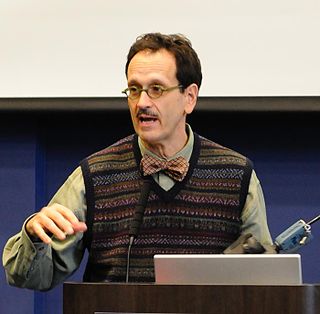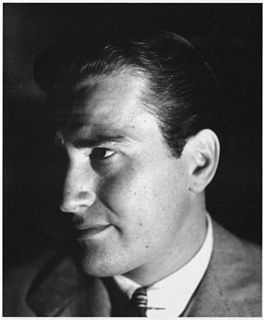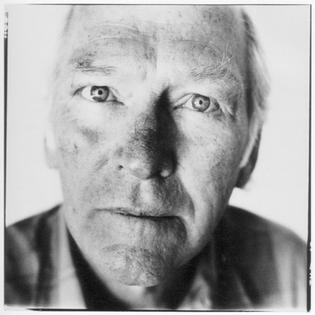A Quote by Joseph Brodsky
A writer is defined by the language in which he writes, and I would stick to that definition.
Related Quotes
Neither can we admit that definition of genius that some would propose--"a power to accomplish all that we undertake;" for we might multiply examples to prove that this definition of genius contains more than the thing defined. Cicero failed in poetry, Pope in painting, Addison in oratory; yet it would be harsh to deny genius to these men.
Under my definition, a scientific theory is a proposed explanation which focuses or points to physical, observable data and logical inferences. There are many things throughout the history of science which we now think to be incorrect which nonetheless would fit that which would fit that definition. Yes, astrology is in fact one.
A definition is nothing else but an explication of the meaning of a word, by words whose meaning is already known. Hence it is evident that every word cannot be defined; for the definition must consist of words; and there could be no definition, if there were not words previously understood without definition.
The weirdest thing to me is that magazines would never do this for their writers. They would never hire a writer who writes for another magazine; they want to have their own stable of writers. Newsweek would never hire a TIME writer, and TIME would never hire a Newsweek writer - but they would both hire the same photographer to shoot a cover for them.
Perhaps no man is an island, but every man and woman is a nation unto herself. I actually had to look up the definition of "nation"; this is how awkward my relation is to this concept. And it is defined as, "a large aggregate of people united by common descent, history, culture, or language, inhabiting a particular country or territory." Perhaps if you replace "descent" with "dissent" the definition becomes more meaningful.
There is no such thing as a language, not if a language is anything like what many philosophers and linguists have supposed. Thereis therefore no such thing to be learned, mastered, or born with. We must give up the idea of a clearly defined shared structure which language-users acquire and then apply to cases.
The writer trusts nothing she writes-it should be too reckless and alive for that, it should be beautiful and menacing and slightly out of control. . . . Good writing . . . explodes in the reader's face. Whenever the writer writes, it's always three or four or five o'clock in the morning in her head.


































